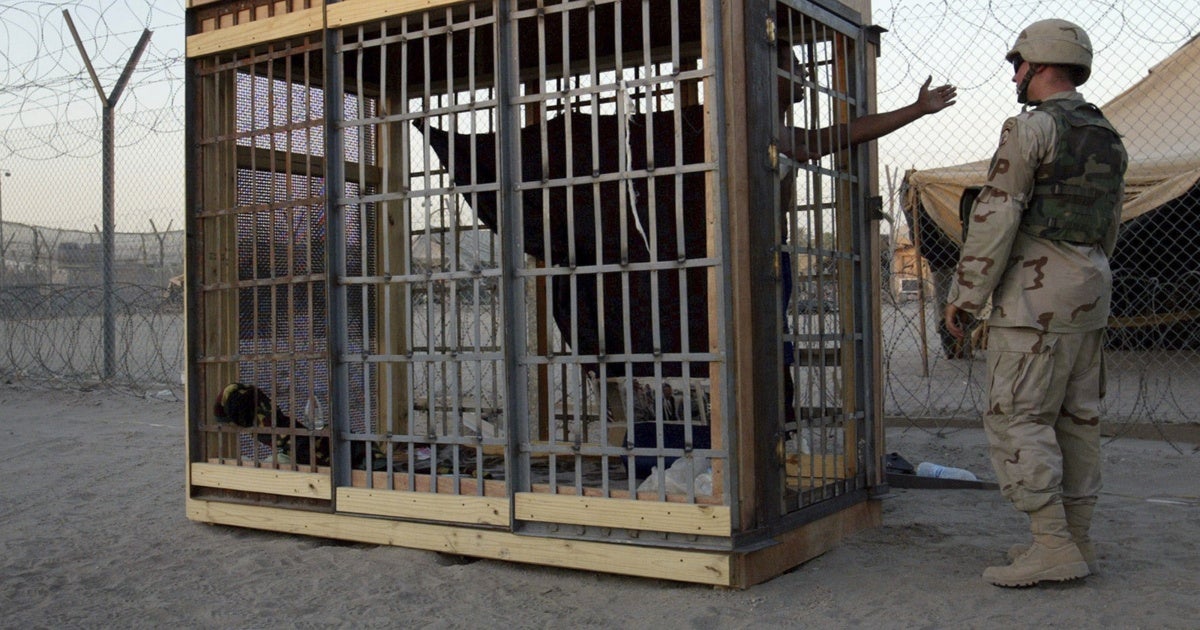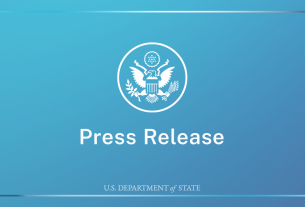A federal jury in the US state of Virginia found defense contractor CACI Premier Technology, Inc. legally responsible for conspiring to torture and otherwise ill-treat three Iraqi men during their detention at Abu Ghraib prison two decades ago. The case, Al Shimari et al. v. CACI, was the first time a US jury heard claims brought by survivors of post-9/11 torture committed by US military forces and security contractors.
The ruling comes after 15 years of legal wrangling, including 20 attempts by CACI to have the case dismissed and multiple appeals. The first trial in April ended in a mistrial after a different jury couldn’t agree on whether CACI or the US Army should be liable for the torture committed.
CACI lawyers argued that the company shouldn’t be liable for any misdeeds by its employees because they were under the control and direction of the US Army, and so redress for misconduct should be the military’s responsibility.
The jury disagreed, awarding the three plaintiffs $3 million each in compensatory damages and $11 million each in punitive damages.
The landmark ruling puts private military contractors on notice that criminal acts outside the United States can have consequences in US courts.
Although a long time coming, this lawsuit is both a major victory for these three men and for wartime accountability. But it’s only a start. The hundreds of other survivors who continue to suffer from the physical and psychological harm inflicted on them during their detention at Abu Ghraib and elsewhere during the “global war on terror” deserve justice, too.
The US government has yet to provide proper accountability for crimes committed by its forces against detainees in Iraq. In 2023, Human Rights Watch found no evidence the US government had paid any compensation or other redress to victims of detainee abuse in Iraq, issued any individual apologies or other amends, or opened any pathways to permit those who alleged they were tortured to have their cases heard.
The US government has obligations under international human rights and humanitarian law to provide redress for the wrongs it has committed abroad. Failing to do so in the past is no justification for not doing so now.



